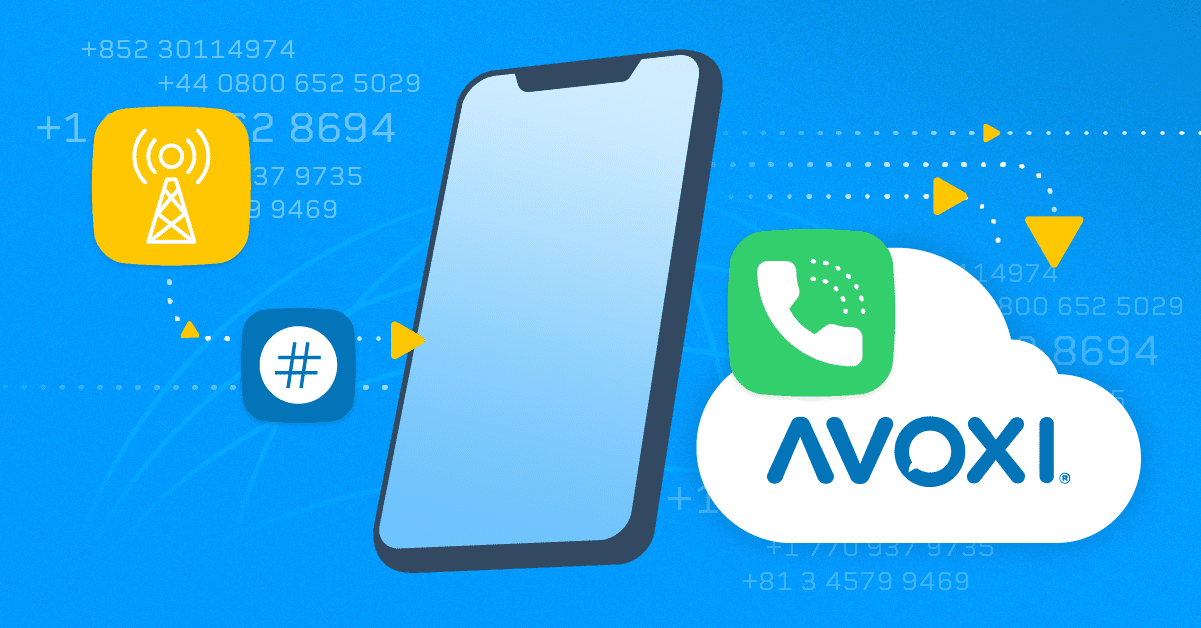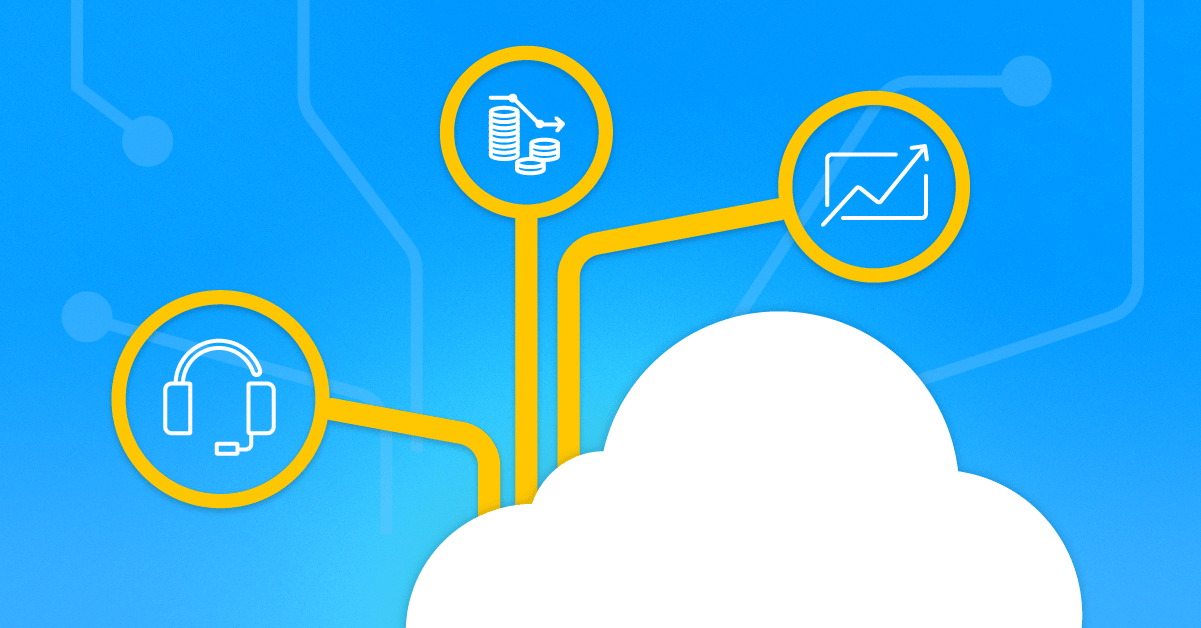What is VoIP?
VoIP
Discover the power of VoIP technology and how it revolutionizes communication.
VoIP: Definition and Overview
VoIP, or Voice over Internet Protocol, is a technology that allows voice communication and multimedia sessions over the internet. Unlike traditional telephony, which uses circuit-switched networks, VoIP converts voice signals into digital data packets that are transmitted over the internet. This method provides significant advantages in terms of cost, flexibility, and features, making it a popular choice for both personal and business communications.
How VoIP Works
VoIP works by digitizing voice signals into data packets, transmitting them over an IP network, and then reassembling them at the destination. The process involves several key steps:
- Conversion: The analog voice signal is converted into a digital signal using a codec.
- Packetization: The digital signal is divided into small data packets, each with a header that contains routing information.
- Transmission: The data packets are sent over the internet or other IP-based networks.
- Reassembly: At the receiving end, the packets are reassembled into a digital signal.
- Conversion Back to Analog: The digital signal is converted back into an analog voice signal for the recipient to hear.
Key Components of VoIP Systems
VoIP systems are comprised of several essential components. IP phones connect directly to an IP network using Ethernet or Wi-Fi, available in both hardware and software forms. Analog Telephone Adapters (ATAs) allow traditional analog phones to connect to a VoIP network by converting analog signals to digital. VoIP Gateways connect VoIP networks to traditional telephony networks (PSTN), enabling communication between the two. VoIP Servers manage call setup, routing, and termination within the VoIP network and often include additional features such as voicemail, call forwarding, and conferencing.
Benefits of VoIP
- Cost Savings: VoIP significantly reduces the cost of long-distance and international calls compared to traditional phone services. Businesses can also save on infrastructure and maintenance costs.
- Flexibility and Mobility: Users can make and receive calls from anywhere with an internet connection. This is ideal for remote work and businesses with multiple locations.
- Advanced Features: VoIP systems offer a wide range of features, such as voicemail-to-email, call forwarding, video conferencing, and integration with other business applications.
- Scalability: VoIP systems can easily scale up or down to accommodate changing business needs without significant additional costs.
VoIP in Business Applications
VoIP technology is particularly beneficial for businesses, offering various applications that enhance productivity and communication. Unified Communications integrates voice, video, messaging, and collaboration tools into a single platform, streamlining business communication. VoIP enables advanced call center features like call routing, queue management, and customer relationship management (CRM) integration, improving customer service efficiency. It supports remote work by allowing employees to connect to the company’s phone system from any location, ensuring seamless communication. Additionally, businesses can hold voice and video conferences with multiple participants, regardless of their location, facilitating collaboration and decision-making.
Future of VoIP
The future of VoIP looks promising, with continuous advancements in technology enhancing its capabilities and applications. Some trends shaping the future of VoIP include:
- 5G Networks: The rollout of 5G networks will improve VoIP call quality and reliability, making it even more viable for business and personal use.
- AI Integration: Artificial intelligence will enhance VoIP features, such as automated call routing, real-time language translation, and advanced analytics.
- IoT Integration: VoIP will integrate with the Internet of Things (IoT), enabling seamless communication between various connected devices and enhancing business operations.
- Enhanced Security: Ongoing developments in cybersecurity will make VoIP systems more secure, addressing concerns related to data privacy and protection.
Conclusion
VoIP is a transformative technology that revolutionizes how we communicate by leveraging the power of the internet. It offers significant cost savings, flexibility, and a wealth of advanced features that traditional telephony cannot match. As VoIP continues to evolve with technological advancements like 5G and AI, its adoption will likely increase, making it an essential component of modern communication strategies.
Experience Advanced VoIP Solutions with AVOXI
Discover how AVOXI’s cutting-edge VoIP services can transform your business communication. With features like global call tracking, international numbers, and robust security, AVOXI provides comprehensive solutions tailored to meet your needs. Elevate your communication strategy and stay ahead in the competitive landscape. Contact AVOXI today to learn more and get started!
Additional Resources

PSTN Replacement
Guide to Voice Termination Services

Retain Phone Number
International
Number Porting

Virtual Phone Line
Benefits of
SIP Trunking
Interested in Learning More?
AVOXI is the cloud communication platform of choice for enterprises and companies with international markets. The road to modernized communications has never been easier, learn what AVOXI can do for you today.